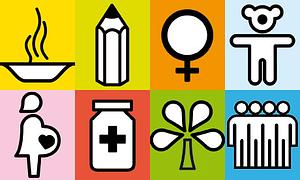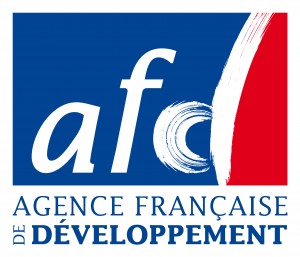
Since 2000, the Millennium Development Goals (MDGs) have provided a roadmap for development, with the year 2015 as the first waypoint. With this date soon upon us, it is time to redefine the objectives. Meanwhile, the states present at the last Earth Summit in Rio have laid the foundations for a sustainable development agenda based on the principle of quantitative targets inspired by the MDGs. Sustainable development goals (SDGs) must be "practical, concise and easy to understand, limited in number, ambitious, universal in scope and adapted to the circumstances, resources and development level of respective countries, as well as national policies and priorities".
Through the MDG and SDG processes, a vision of development for the next twenty years will emerge. However, some questions remain, starting with the relationship between the two processes and with regards to our ability to learn from the MDG process to enable the post-2015 targets to be defined.
Based on the experience of the MDGs and on the conclusions that can already be drawn, the design of a new agenda that is able to structure the development policies for the next fifteen to twenty years involves an analysis of current and future needs, of the possible responses, their relevance and means of implementation. Stakeholder responsibilities and the post-2015 development process must also be clarified as soon as possible.
A comprehensive review of the current situation is necessary to provide inspiration to ensure the relevance of a new roadmap. However, beyond an analysis of how successfully these objectives have been achieved, such a review should focus on the reasons behind the quantitative results, which may be considered rather positive at the global scale but very uneven from one country to another, amounting to failure in some places. Thus, an analysis is required to investigate the lack of priority among the current goals and the fact that their interdependencies are not taken into account, along with the initial levels in each country.
In addition, the scope and diversity of the problems now facing the international community demands the adjustment of the goals that were defined in 2000. Some targets are now obsolete, while some issues, such as environmental protection and employment, have now acquired "urgent priority" status at the international level. Furthermore, the current goals largely neglect matters such as peace and security. It is necessary therefore to conduct a thorough analysis of the problems that must now be addressed, and how these problems translate in terms of objectives.
The thought process initiated by the proposal of SDGs has enabled the first outlines of a future agenda to be envisaged; it has also raised a set of questions that require urgent responses. How can the process of redefining the MDGs be linked with the universal development of SDGs? How can we combine the objectives that are relevant and specific to developing countries with universal goals that are also relevant to developed countries?
Finally, since the balance of power between stakeholders is different from that which prevailed in 2000, it is necessary to examine the implementation modalities of a future agenda, to anticipate challenges and consider the new responsibilities of stakeholders and the guiding principles for the funding of such an agenda.
To stimulate proposals that may be relevant and useful to address these questions, FERDI and IDDRI, in partnership with FFEM, the Ministry of Foreign Affairs, AFD and the European Commission’s DG for Research (FP7 - Project Sustainable Rio), will host a day of discussions that will combine the technical expertise of French and international researchers with the political approach of French and international government representatives, in addition to the viewpoint from recognized development experts.
A ce titre, il ressort des interventions que la conférence Rio+20 n’a pas engendré la convergence espérée des processus OMD et ODD ; le risque de déraillement du processus ODD est aujourd’hui craint parce que réel. Le débat clivant portant sur le degré d’ambition de l’architecture post-OMD illustre le difficile mais nécessaire arbitrage entre la volonté de construire une réponse holistique qui devra être appropriée par les parties prenantes, et le pragmatisme forcément plus modeste d’une amélioration, même substantielle, de l’existant. Un sentiment de diminution des ambitions semble néanmoins désormais progresser. La construction d’un agenda réellement englobant pourrait prendre beaucoup plus de temps que les deux années restant avant 2015. Pour certains participants, la convergence des agendas pourrait alors se dessiner à partir d’une redéfinition des OMD en 2015, première pierre d’un édifice beaucoup plus ambitieux d’un agenda global à construire pas à pas ensuite. L’expérience de la construction européenne pourrait être utile dans la recherche d’un tel compromis international.
Des premières propositions concrètes d’architecture post-2015 ont pu néanmoins être exposées et débattues.
D’autres travaux sur ces questions devraient suivre en 2013 et feront l’objet d’ateliers futurs.





